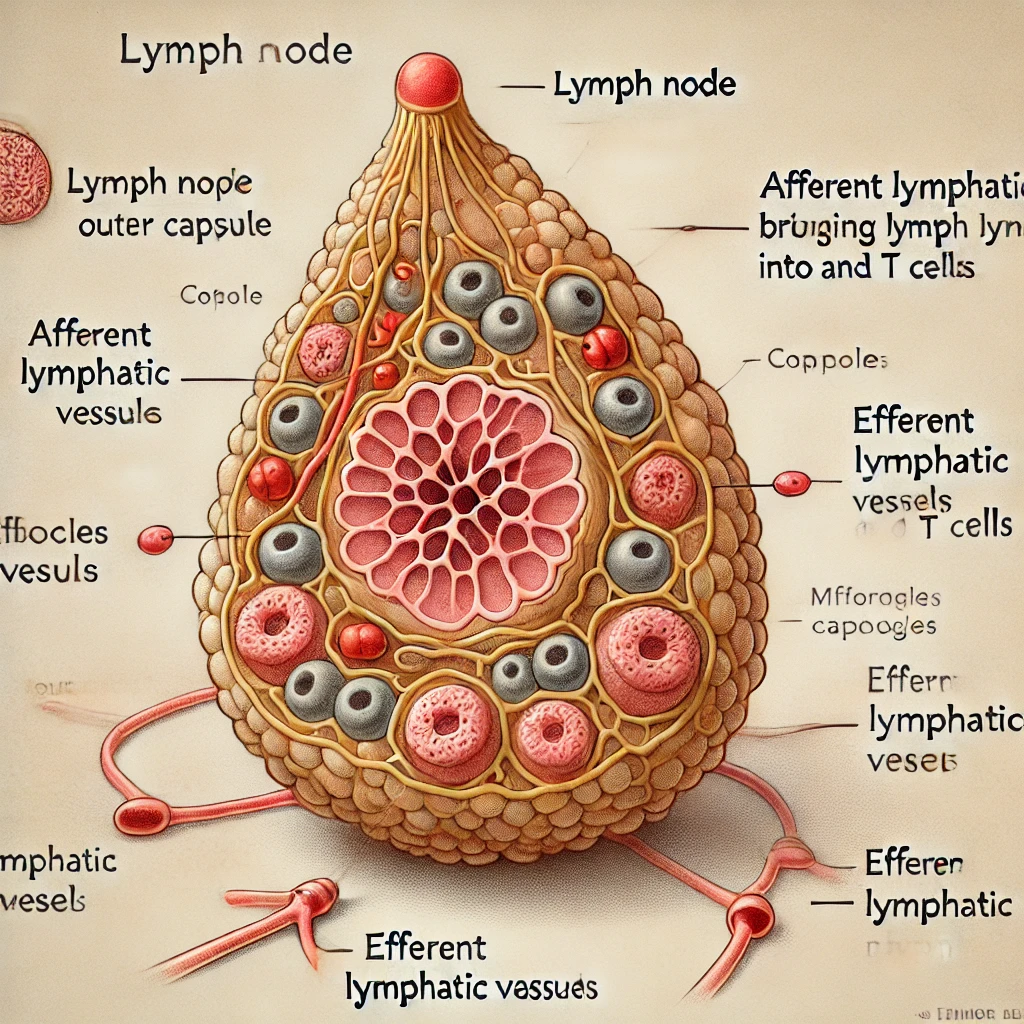The Lymphatic System: The Body’s Cleaning Crew
The lymphatic system is a crucial part of the human body’s immune system, functioning as a complex network responsible for maintaining fluid balance, defending against disease, and cleansing the body. This system comprises lymphatic vessels, lymph nodes, and lymph, a fluid containing white blood cells, particularly lymphocytes, which play a vital role in fighting infections. Understanding the process of how lymph cleans the body reveals the intricacies of our internal defense mechanisms and the importance of this often-overlooked system.
The Journey of Lymph
The lymphatic system parallels the circulatory system, but instead of blood, it transports lymph. This clear fluid originates from interstitial fluid, the fluid that surrounds the body’s cells. As blood circulates through the body, plasma leaks from the capillaries into the interstitial spaces, providing nutrients and oxygen to cells while collecting waste products and toxins. Most of this interstitial fluid is reabsorbed by the blood capillaries, but the remainder, which becomes lymph, is taken up by the lymphatic capillaries.
Lymphatic Capillaries: The Entry Point
Lymphatic capillaries are tiny, blind-ended vessels that permeate most tissues in the body. These capillaries have thin walls that allow interstitial fluid to enter, but not escape. The fluid, now termed lymph, contains waste products, pathogens, and other unwanted materials from the tissues. These capillaries converge to form larger lymphatic vessels, which transport the lymph towards the lymph nodes.
Lymph Nodes: The Filtering Stations
Lymph nodes are small, bean-shaped structures scattered along the lymphatic vessels. They serve as critical filtering stations where the lymph is cleansed. Each lymph node contains a high concentration of lymphocytes (B cells and T cells) and macrophages. As lymph flows through the nodes, these immune cells screen for and destroy pathogens, such as bacteria and viruses, and remove debris and dead cells.
- B cells: These cells produce antibodies that bind to specific antigens (foreign substances) and neutralize or mark them for destruction by other immune cells.
- T cells: These cells directly attack infected or cancerous cells and assist in coordinating the immune response.
- Macrophages: These are large phagocytic cells that engulf and digest pathogens, dead cells, and other debris.
Movement and Drainage
The movement of lymph through the lymphatic system relies on the contraction of surrounding muscles, respiratory movements, and the presence of valves within the lymphatic vessels that prevent backflow. Unlike the circulatory system, the lymphatic system does not have a central pump like the heart. Instead, it depends on these mechanical factors to push lymph towards the thoracic duct or right lymphatic duct, where it is eventually emptied into the subclavian veins, returning to the bloodstream.
The Role of the Spleen and Thymus
Beyond the lymph nodes, other organs like the spleen and thymus also play roles in the lymphatic and immune systems:
- Spleen: This organ filters blood, removing old or damaged red blood cells and pathogens. It also stores white blood cells and platelets and helps fight certain kinds of bacteria.
- Thymus: Located behind the sternum, the thymus is where T cells mature. It is particularly active during childhood and adolescence when the immune system is still developing.
Lymphatic Disorders
When the lymphatic system malfunctions, it can lead to various health issues:
- Lymphedema: This condition occurs when lymph accumulates in tissues, causing swelling, often in the arms or legs. It can result from congenital abnormalities, damage to lymphatic vessels or nodes, or infections.
- Lymphoma: A type of cancer that originates in the lymphatic system, affecting lymphocytes. It can lead to enlarged lymph nodes, fatigue, and other systemic symptoms.
- Infections: Infections like lymphangitis and lymphadenitis occur when pathogens infiltrate the lymphatic vessels or nodes, causing inflammation and other symptoms.
Conclusion
The lymphatic system is an essential component of the body’s defense and waste management systems. Through its network of vessels, nodes, and organs, it efficiently filters out toxins, waste, and pathogens, helping to maintain overall health and homeostasis. A deeper understanding of this system underscores its importance and highlights the need for maintaining its health through regular exercise, a balanced diet, and, when necessary, medical intervention.

